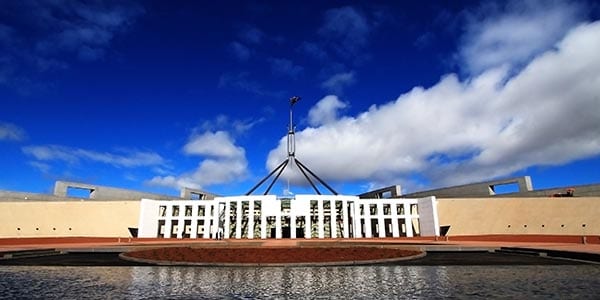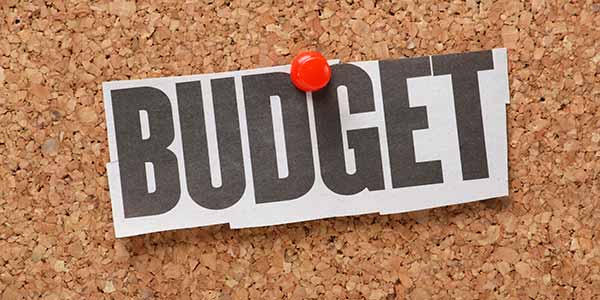Taking out a loan of any kind can be the perfect way to get the financial help you need to achieve your goals. From a mortgage to buy a house, to a personal loan to fund that next holidays, there is a large variety of loan options on offer depending on your needs.
The one thing all these loans have in common is that they charge an interest rate on top of the loan price. This means you end up paying back the loan amount, with interest, over a set period of time. It stands to reason you want that interest rate to be as low as possible to save you money. So, what is a good interest rate?
What Is The Interest Rate?
First, let’s take a look at what exactly the interest rate is. An interest rate is a percentage amount that the lender charges in return for lending you the money. It is additional money that needs to be paid off on top of the amount borrowed for the loan.
If you look at it simply, interest is the fee you pay for using someone else’s money. In this case, the lender. This is how lenders profit out of loans, giving them an incentive to provide you with one in the first place. Many people take out a loan when they don’t have the cash available for what they need to purchase. The interest rate is the fee for borrowing that money.
Here are some things you need to understand about your loan before working out the interest rate:
- Principal amount: this is the amount you are looking to borrow.
- Loan term: this is how long you will be taking to pay off your loan. The longer your loan term, the more interest you pay.
The best way to look at it is by using an example:
You have taken out a personal loan of $20,000. It has a set term of 5 years, with an interest rate of 8.40% and you are making monthly payments.
To work it out, you divide the interest rate by the number of payments in a year, then multiple this by the loan principal to work out the interest you will be paying.
In this case: (0.084 divided by 12) x 20,000 = 140
This is the amount of interest you will be paying when you take out an interest-only loan. This figure will change when you start paying the principal down the track.
With this in mind, what is a good interest rate?

Fixed Vs Variable Interest Rates
There are two types of interest rates you can lock in when you take out a loan. Knowing what is a good interest rate will help you work out the best options for your needs.
Fixed interest rate: this is where the interest rate is locked in at the beginning of the loan term and doesn’t change. They remain the same throughout the life of the loan. It means from the start of your loan, you can calculate the interest you be charge throughout and this figure won’t change. It is considered a safer option.
Variable interest rate: on the other hand, a variable interest rate changes with the market rate. When that rate rises, so will your loan payment. At the same time, if that rate lowers, you reap the benefits. This is considered a more risky option, but it can pay off in the long run.
What Is A Good Interest Rate?
Are you wondering what is a good interest rate? It all depends on the market at the time you are borrowing. Before you take out a loan, it is a good idea to shop around to see what interest rates are on offer. When it comes to comparing lenders to take out a loan with, you can look at the interest rates they were charging and use this to determine where the best value for you lies. You can often find a number of comparative tools online, which help you get a great overview of what a competitive interest rate looks like.
It all comes down to doing your research before diving in and taking out a loan. By determining what a good interest rate looks like you can save yourself plenty of money over the course of your loan and end up paying significantly less overall.

What Is A Good Interest Rate On Your Next Loan?
Are you on the hunt for a new loan for your situation? If you are looking to lock in the best interest rate, then speak to the experts at Australian Lending Centre. We will help you hunt down the best interest rates and provide you with a number of competitive options when it comes time to take out your next loan.






























